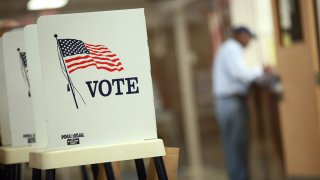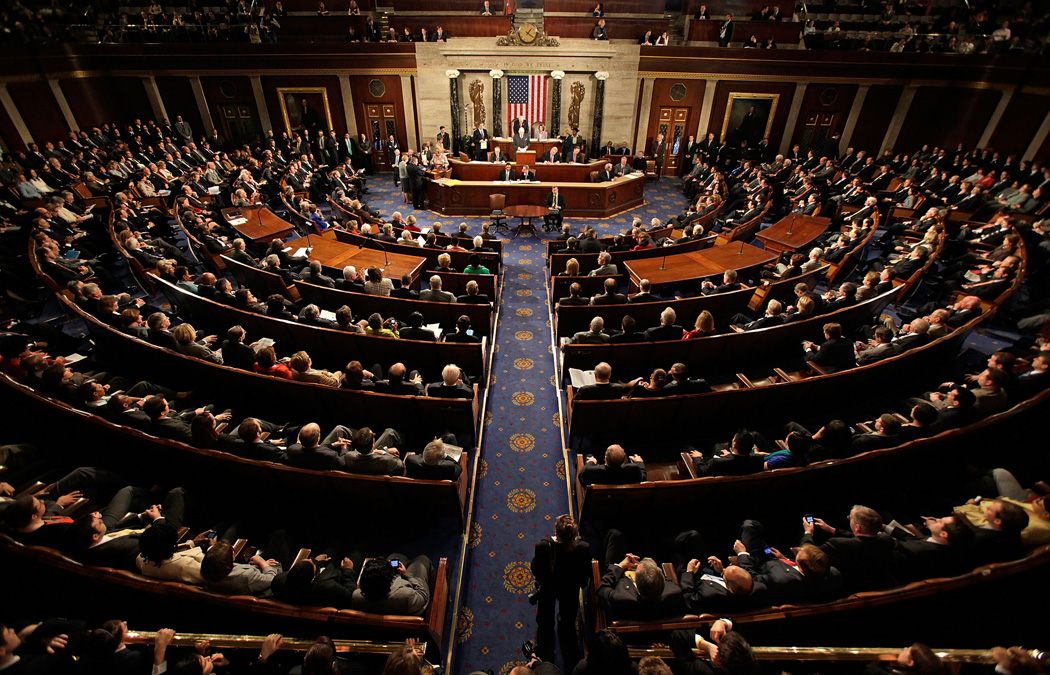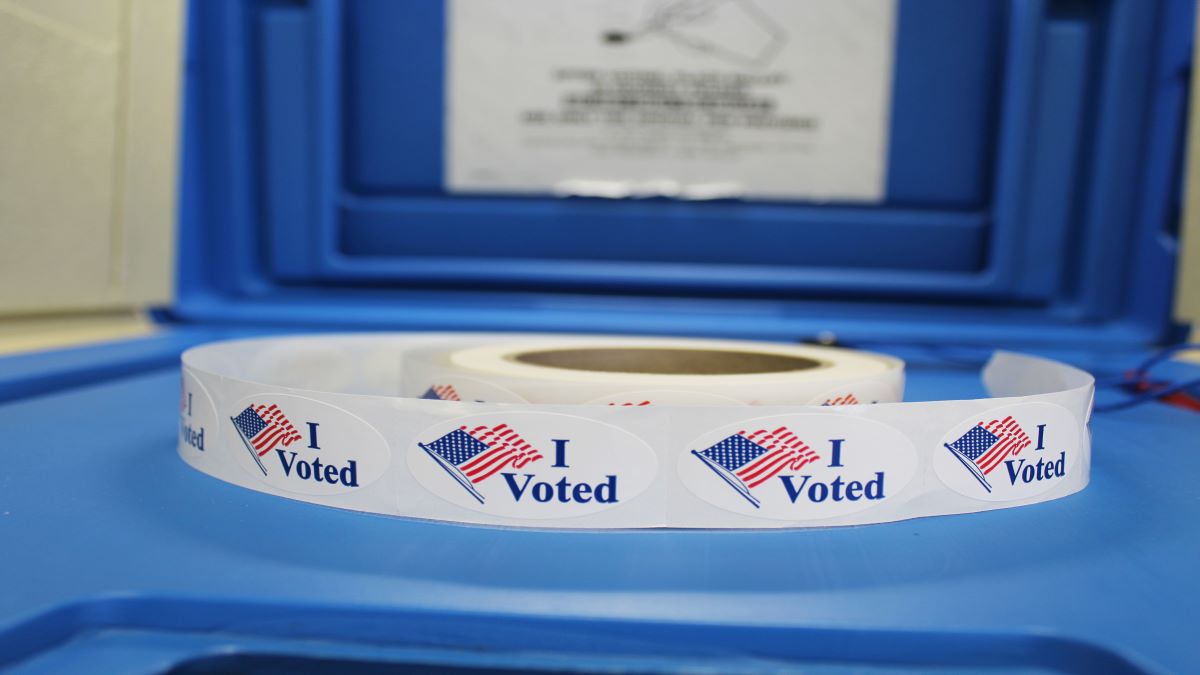
Incumbency is an asset for just about anyone holding elected political office. That’s true for any elected office, but particularly true for the president because of the tools at his or her disposal. They include control of information, publicity, and the possibility of reelection.
Control of Information
The President has access to more knowledge on more topics than anyone. Notice the word “access.” It’s not that presidents are so smart; it’s that through the power of the office, the president can learn just about anything about any subject upon request to the bureaucrats in the Executive Branch who serve him.
The President also gains knowledge through briefings by officials who share information about issues, potential problems, and crises that fall within his power to manage. Given countless international situations that can impact the United States, the President receives a Daily Briefing (PDB) to keep apprised of changing events world over.
Sometimes, presidents have information that they deem too important to share with the public, especially if there are uncertain outcomes. For example, when the Cuban Missile Crisis developed between the Soviet Union and the United States in 1962, President Kennedy did not inform Americans about the emergency until he and his team developed an American response.
Presidents have to be sure that withholding information is in the public interest and not for personal gain or advantage. For example, President Trump refrained from sharing critical information about the COVID-19 pandemic. Trump said he didn’t want to panic the public. Critics counter that Trump’s unwillingness to share information cost tens of thousands of American lives. Public sentiment about his decision may impact the 2020 presidential election.
Publicity
Because of the elevated status of the office, the president can generate publicity just about any time he wants. Commonly, he does this through press releases or press conferences. At these meetings, the president informs the public via the media of a news item; he may even attempt to frame the discussion in ways helpful to him.
Of course, members of the press make it their business to challenge the president on information that may be suspect, but the president may not always be totally forthcoming, thereby putting even the press at a disadvantage.
Still, by merely calling a press conference, the president draws attention to issues on his terms and at the time of his choosing. And should the president become uncomfortable with questions from the press, he can end the press conference and therefore the discussion.
By deciding the times and terms of a press conference, the president has considerable control of the public agenda.
Reelection
Considerable presidential power lies in the possibility of reelection. Many experts believe that most presidents wield more power during their first term because of the uncertainty of whether they will have a second term. That ambiguity leads potential adversaries to give the president an extraordinary amount of room to operate, and is most prevalent during the first two years of a first term.
The combination of the willingness of Congress to please the president in the early days (known as the Honeymoon period) and the possibility of many more years of presidential power with a second term leave Congress particularly deferential during this time. These are the moments when the Commander-in-Chief title looms especially large.
Oddly enough, the unusual power that the president seems to have during their first term dissipates almost immediately after re-election, should the incumbent win a second term. At that time, the president is considered a “lame duck,” for his opponents feel that they can wait out the president because of the two-term limit prescribed in the Constitution.
A Final Thought…
At first blush, it may seem that the assets described above make a first term president an odds-on favorite to win re-election. Yet, it’s not necessarily a “sure thing.” Since Dwight Eisenhower’s first term in 1952 (when the 22nd Amendment first limited the president to two terms), incumbents seeking a second term have won two-thirds of the time—a much lower percentage than for U.S. Senators and members of the House of Representatives seeking re-election. So, even with the formidable trappings of incumbency, re-election is hardly guaranteed.
Next week: What to look for in the Presidential debates.



